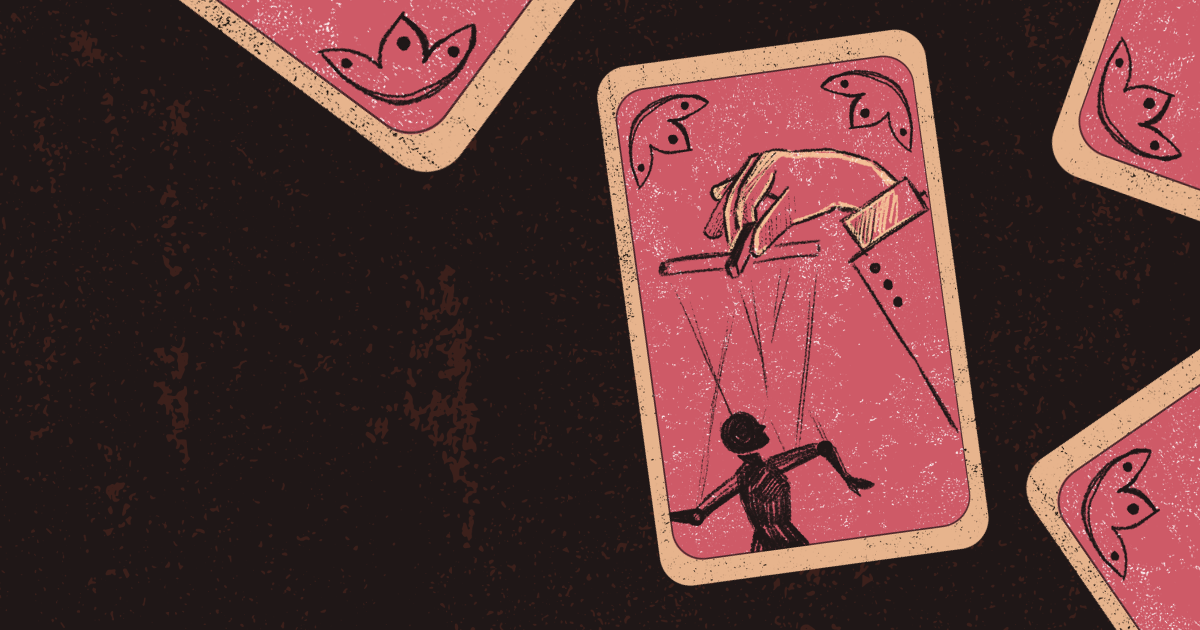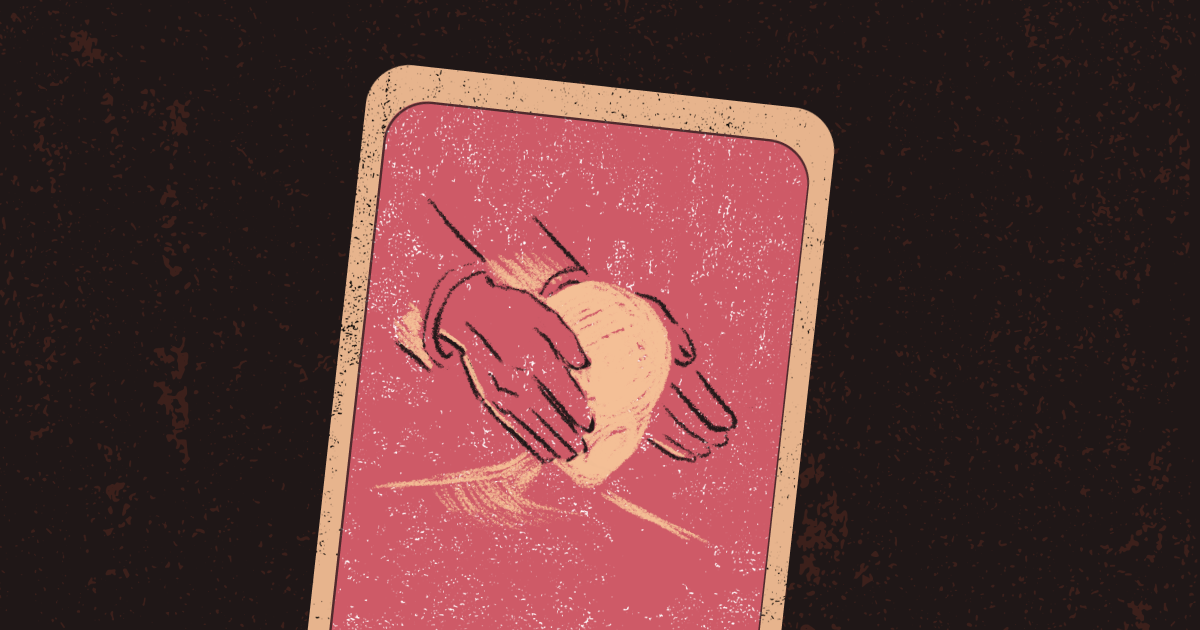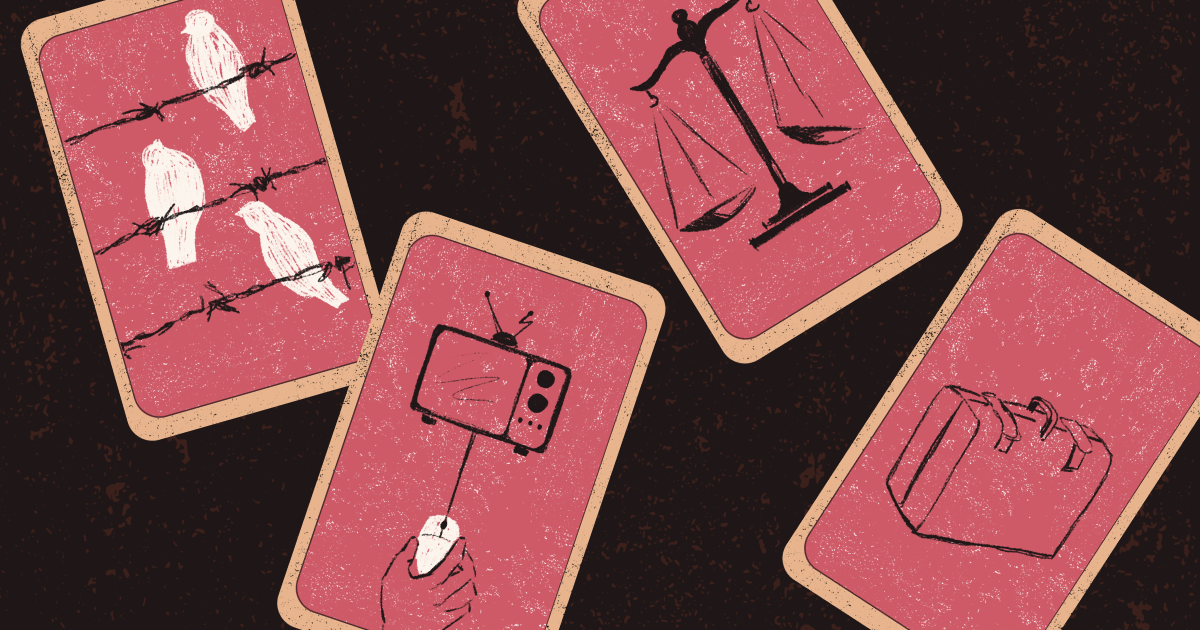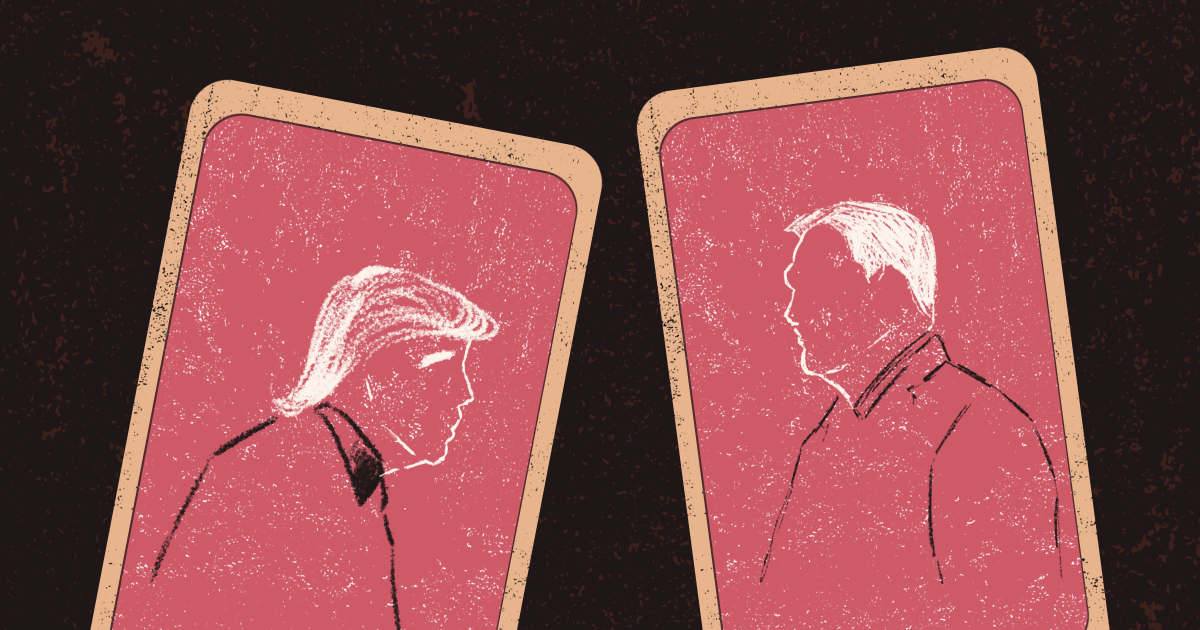Soft fascism: a fast-moving political trend or an ideology of the twenty-first century?

Fascism is a type of totalitarian regime based on radical ideas of militarism, personality cult and unification of a people or nation against a common enemy. As a movement, fascism emerged in Italy in the early twentieth century and was widespread in Europe in the 1920s and 1930s.
However, after the Second World War, fascism was outlawed in many countries. But in almost a hundred years, a new ideology has emerged, adapted to the current realities of the political scene. Researchers have dubbed it 'soft fascism'.
Read the article to find out what it is.
What is soft fascism?
Soft fascism is corrupt electoral processes, tactics that undermine democracy, unauthorised surveillance of citizens and non-enforcement of court decisions against politicians. Authorities that use soft fascism rely on corruption and abuse and only then on an ideological struggle and an 'enemy' against which to unite voters.
How do they do it? They use the media, change legislation, and manipulate and marginalise civil society organisations. There is also a tendency towards isolationism rather than militarisation.
The term was first used after the publication of The End of America: A Warning to a Young Patriot by American journalist and activist Naomi Wolf. The author identified potential methods for introducing fascist norms into a democratic society:
— Creating an external enemy. It is essential for uniting society around politicians who promote fascist, authoritarian ideas, as well as a reason for restricting rights and freedoms in exchange for security. In today's reality, the external enemy is not necessarily other countries. It can be immigrants, for example.
— Creating an internal enemy. "Citizens perceive internal enemies as outsiders: troublemakers, spies, criminals," adds Naomi Wolf. Citizens, therefore, tend to support a more robust prison system; it gives them a sense of security, even when opposition leaders, activists, and representatives of other genders or ethnicities are targeted for repression.
— Media control and punishment for ‘dissent’. Dissent is to become ‘treason’ and criticism ‘espionage’. In a fascist society, laws are drafted to increasingly criminalise certain types of speech and to expand the definition of ‘spy’ and ‘traitor’.
As for media control, Naomi Wolf believes that under ‘soft fascism’, the strategy has changed. It is impossible to abruptly abolish free speech laws and create one or more state-controlled media. So, politicians fill the flow of information with lies.
— Then, they introduce violations of the rule of law. Politicians who use fascist tactics increase their power and upset the balance of power. This is how they stay in control.
Wolf explains that the difference between modern and classical methods of fascism is that nowadays, such norms are not "immediately enforced with barbed wire", and democracy is subject to "long-term erosion" through soft power.

Stephen Elliott-Buckley, a professor at Simon Fraser University, shares this point of view. In a commentary for Svidomi, he says that in our time, politicians and personalities are promoting fascist ideas using modern methods.
“Hard, or traditional fascism, is pretty easy for lots of people to spot because of how it existed in Nazi Germany or Cambodia, or North Korea. So, I see soft fascism less as an ideology and more as tactics. Also, better marketing, political science and political sociology have taught political parties in the last two generations about how to quietly remove people's freedoms and capacity to oppose government so that we will be more obedient and compliant,” Stephen Elliott-Buckley explains.
Wolf used the US as an example of fascism in the aftermath of 9/11. At the time, Congress introduced new laws aimed at increasing security. It gave the Federal Bureau of Investigation new powers to gather information through wiretapping and electronic surveillance.
The presidential administration was also given unlimited powers to remove and appoint prosecutors. This law was repealed in 2015: The FBI lost the right to wiretap US citizens without a court order.
What is the current situation?
Soft fascism mainly affects democracies, exceptionally stable and economically balanced ones. Naomi Wolf described the problem of the spread of fascism in the United States because she believed that "democracy here is too stable and the military and judiciary too independent for such a scenario".
The US experience
Donald Trump has become a test for American democracy and the resilience of its institutions. The main points of his first presidential campaign in 2016 were the fight against immigrants, isolation in the global market from the influence of other countries, especially China, creating jobs in the country and moving production to the United States.
Throughout the campaign, Trump created an image of a "strong" and "courageous" politician who is not afraid to "speak his mind", even if it is politically incorrect. He behaved as if he did not feel anxious; therefore, it seemed genuine.
The Washington Post reported that during the presidential campaign, at least 63% of Trump's statements were false or manipulative. This did not prevent him from becoming president.
Trump used the tactics of soft fascism. Manipulative statements forced the media to verify them, which increased Trump's voters' distrust of the media. He also created the image of a confident candidate who could provide security. In addition, he used subjective and politically incorrect language against his opponents.
After winning the 2016 election, Trump began to implement his programme. On January 27, 2017, he signed a ban on entry to the United States for citizens of Iran, Iraq, Libya, Somalia, Sudan, Syria, and Yemen, arguing that they were illegal immigrants. He suspended the refugee policy for 120 days.

That year, Trump cancelled the Obama administration's ban on coal mining. He justified this decision by arguing that the US needed coal to rebuild its industry and that cheap energy was more important to the economy than the environment.
In 2018, Trump started a trade war with China. The US imposes duties on goods from China. He argued that "America must come first". In 2019, Trump declared a state of emergency to obtain funds for a wall on the southern border with Mexico to "protect the country from illegal immigrants".
He fought against immigration, creating the image of a "collective enemy, the foreigner", and tried to isolate the country economically from the global market. The fight against environmental restrictions has also become a marker of soft fascism. Trump tried to return the country to a state where industrialisation was enhanced and energy was cheap.
His presidential term also ended in a somewhat controversial manner. After the election results were announced, Trump filed lawsuits in various states to challenge the outcome, claiming massive fraud in the absentee voting process.
When the lawsuits were dismissed, Trump's supporters stormed the Capitol and broke into the building where Congress was meeting to ratify the election results. The US Department of Justice special counsel investigating the case accused Trump of conspiring to overturn his defeat in the 2020 election. In this way, Trump attempted to violate the rule of law, which is the primary method of establishing soft fascism.
"Trump and other oligarchs who flaunt the rule of law and love to break laws flagrantly, are just a new manifestation of "strong man's politics, like Zaire's Mobutu (Democratic Republic of Congo - ed.), or Putin. It really impresses other fascists within society, as well as disenfranchised citizens who distrust the government or economics or corporations, and like that, someone like Trump gets away with so much corruption. He can be their hero, even though his actions are actively against the interests of all citizens, economically, socially and politically," concludes Stephen Elliott-Buckley.
Hungarian experience
Viktor Orbán uses similar tactics of soft fascism. Hungary is now an EU and NATO member state, a parliamentary democracy with strong institutions of power. However, the Fidesz party and its leader Orbán have restricted citizens' rights and freedoms for several cadences.
In 2006, Fidesz finally changed course and became a Christian democratic right-wing party. They promoted state intervention in the economy, nationalism in all spheres of political life, Euroscepticism and anti-immigration.
After coming to power in 2010, Fidesz launched internal reforms in the legal, educational and media sectors. The Constitutional Court was given limited powers, and the electoral system was changed from proportional to proportional majoritarian to allow the party's representatives to easily win in constituencies where the party itself did not have high support.
In 2017, Fidesz introduced NGO regulations: they had to register as 'foreign supported' and disclose information about their donors. Otherwise, they would be closed.
Professor Stephen Elliott-Buckley believes politicians seeking to retain power are now manipulating public opinion and trying to show their strengths. That is why they are resorting to the tactics of soft fascism, the main goal of which has been turned into the preservation of power.
Potential for spread
With the global rise of populism, especially in democracies, there is a growing demand for politicians who offer simple solutions and promise "protection from possible dangers" even while giving up rights.
Political scientist Jan Kubik believes that although the reasons for the rise in popularity of such politicians vary from country to country, they are fundamentally united by dramatic cultural, social and political changes. Stability and security are the main demands of societies, which is why citizens are willing to vote for radical populist or even fascist politicians who promise to fulfil these demands.

Politicians who use soft fascism to come to power and keep it are ready to discriminate against groups in society, increase corruption, and isolate people from external factors, as opposed to globalisation.
And there are more and more such cases on the international political scene. Trump is running for the US presidency again in 2024. Orbán and Fidesz won the elections for the fourth time in 2022. In Slovakia, a eurosceptic and populist politician, Robert Fico, came to power, resigning as prime minister in 2018 after the murder of opposition journalist Ján Kuciak.
“I think there has been so much soft fascism lately that it is infused into global and national politics. Citizens will have to learn how to spot the bullshit and freedom-destroying tactics or else suffer in a decaying democracy,” summarises Stephen Elliott-Buckley.


